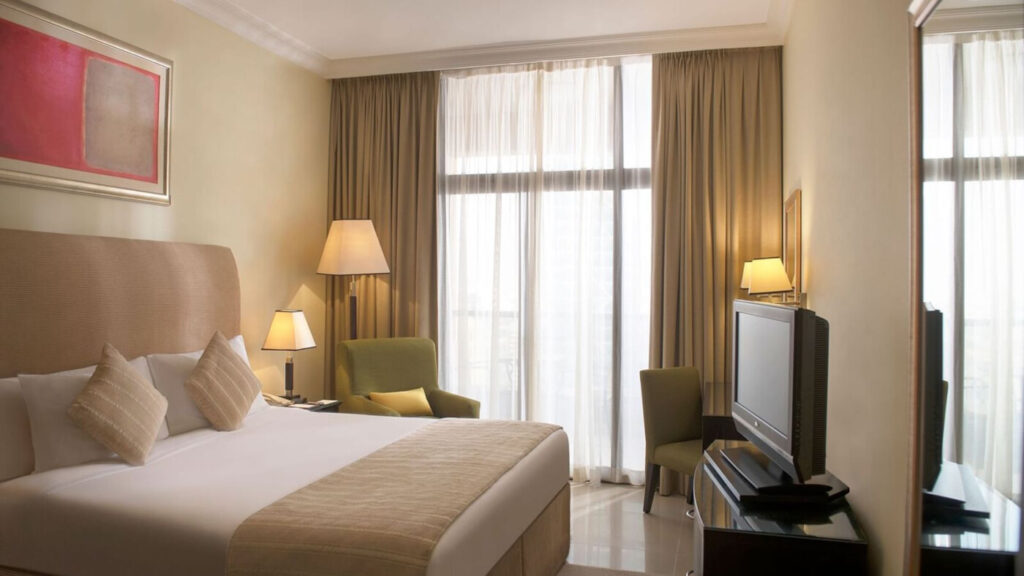
For individuals keen on generating passive income through long-term investments, apartments stand out as a lucrative bonus on the investment landscape. This property attracts with its cost and faster payback.
Apartment is a commercial space similar to a residential apartment. People also live in it, but according to special rules: without registration (in rare cases – temporary), with increased utility costs, without the possibility of tax deductions, high property taxes, and undeveloped social infrastructure.

Infrastructure. Residential development is controlled by the state, obliging the developer to worry about the presence of nearby socially important facilities – kindergartens, schools, and clinics. Developers are not obligated to meet these requirements when constructing apartment buildings. On the one hand, this makes it possible for construction companies to use areas where, according to regulations, it is impossible to build residential buildings, and on the other hand, it excludes the majority of potential buyers.
READ: Investing in Brooklyn Real Estate: Detailed Review
Neighborhood. People who purchase residential apartments must abide by certain rules, including quiet hours and no commercial use. Neighbors have the right to call the police or file a complaint if these standards are not met. In the case of commercial premises, which are apartments, residents may face unpleasant news. Buyers of apartments should be prepared that a barbershop, cafe, or karaoke bar can be opened anytime.
Seizure of property. In case of financial difficulties, the court cannot take away the only fully paid apartment. However, if the property is leased as apartments, including hotel-type ones, an individual with debts may risk losing their residence.
Price. On average, apartment housing can be purchased for 15-20%. Investors who view real estate as a source of passive income are especially interested in such a decision. The average payback takes 10-15 years, with the same 20-30 years in the case of ordinary apartments.
There is no official classification of apartments in legal norms, but this is how the existing formats can be roughly divided.
Illegal apartments. Apartments are sometimes considered as properties that are not easily converted into cash, and may also be viewed as housing units that do not meet legal requirements and regulations.
READ: Flipping in Dubai: Tips and Profitable Strategies
Business class residential building. A building or a whole complex of increased comfort, which the developer erected in a good area, but did not receive permission for a residential building. There are mixed projects in which some of the apartments are rented out as residential, and some as commercial. Real estate is often purchased for renting at an above-average price.

Aparthotels. This is a hotel complex with apartment-style rooms that developers sell separately. As a rule, the owner purchases an apartment for further rental.
Passive-income apartments have created a separate class of investment in commercial real estate and are more attractive than rental apartments or commercial real estate with a tenant.
Inclusion of outsourcing contractors: In a classic hotel, services, and maintenance are provided by one managing operator. Apartments, as a rule, have areas of commercial premises in which individual service representatives can be located, such as cafes, fitness centers, beauty salons, and so on. For individual room service, the aparthotel manager can also involve third-party contractors, for example, for food delivery, dry cleaning, organizing leisure activities for tourists, etc.
READ: Buying an Island in Dubai: Important Information
Number of owners: Apartment rooms are investment properties. Each apartment belongs to an individual with whom the hotel operator maintains contact from the moment of commercial interaction – purchase or investment in construction – to the report on occupancy and profitability.
Guaranteed profitability for investors: The management company not only provides high-quality service, comfortable conditions, and uninterrupted operation of the apart-hotel but is also responsible for maintaining the promised level of profitability.